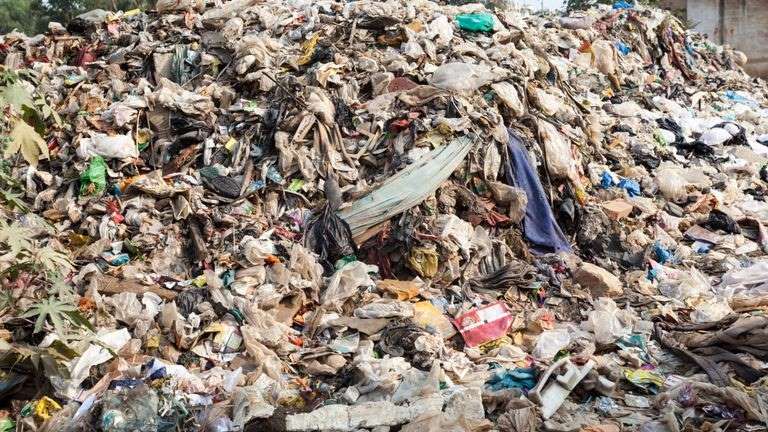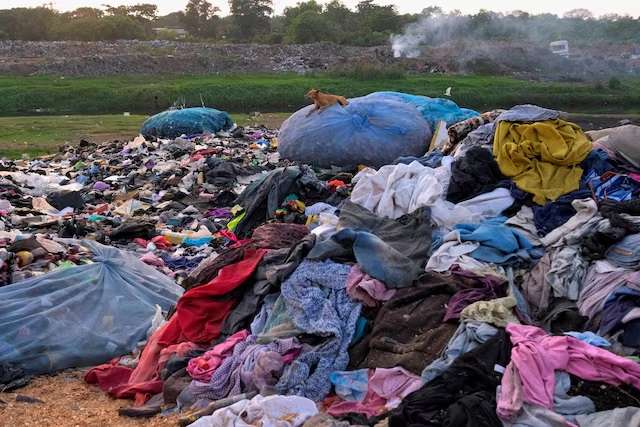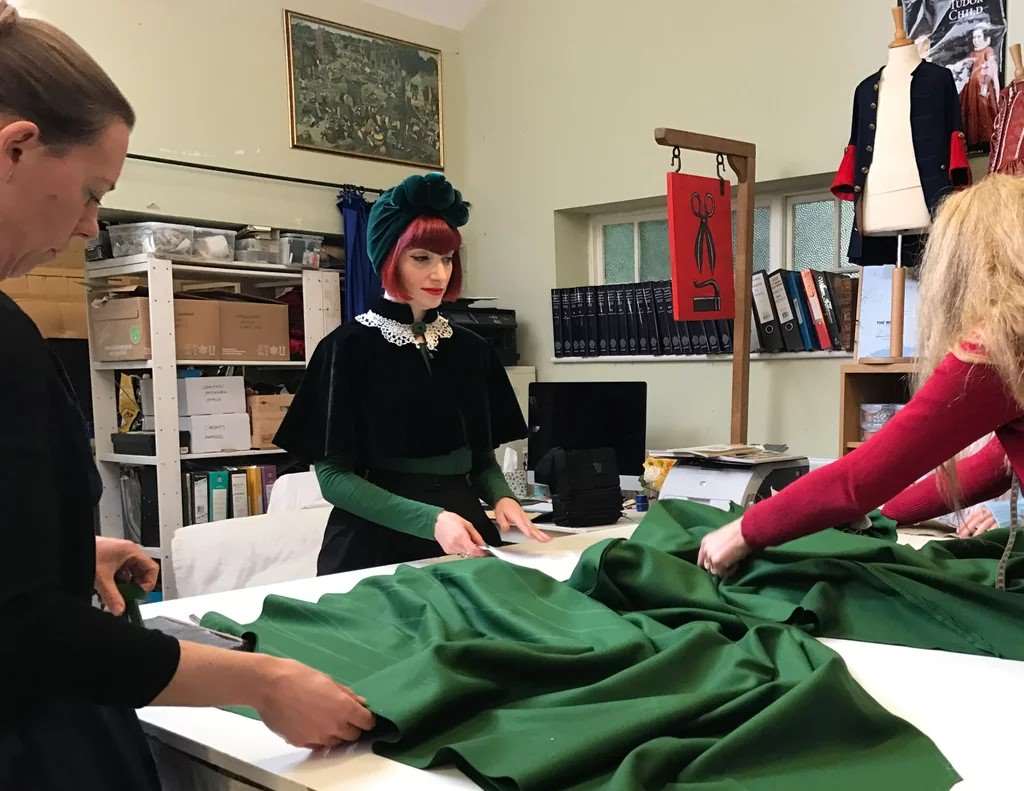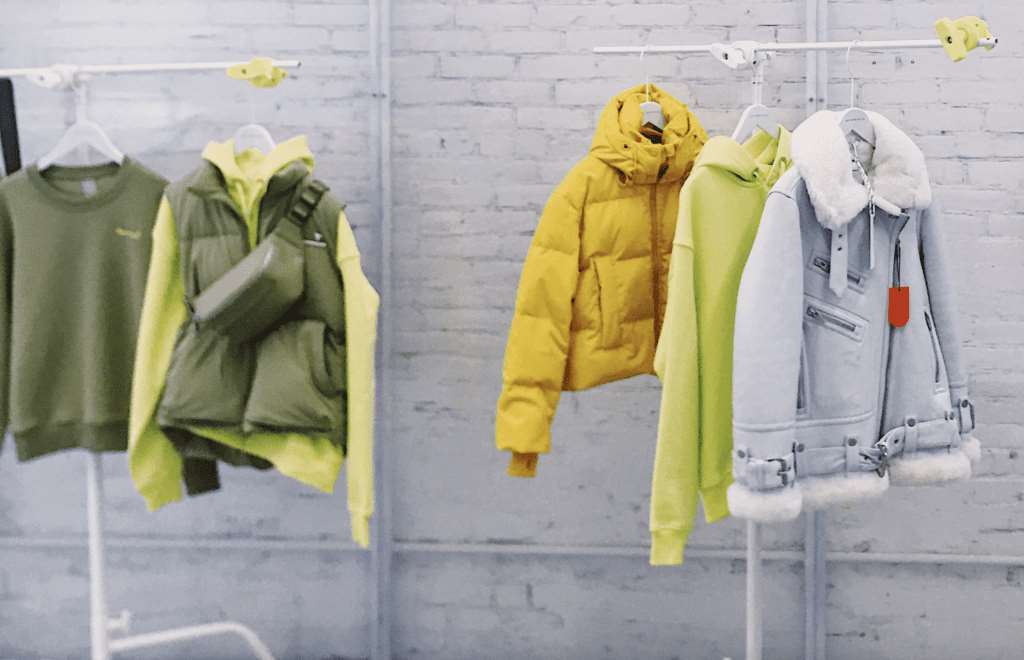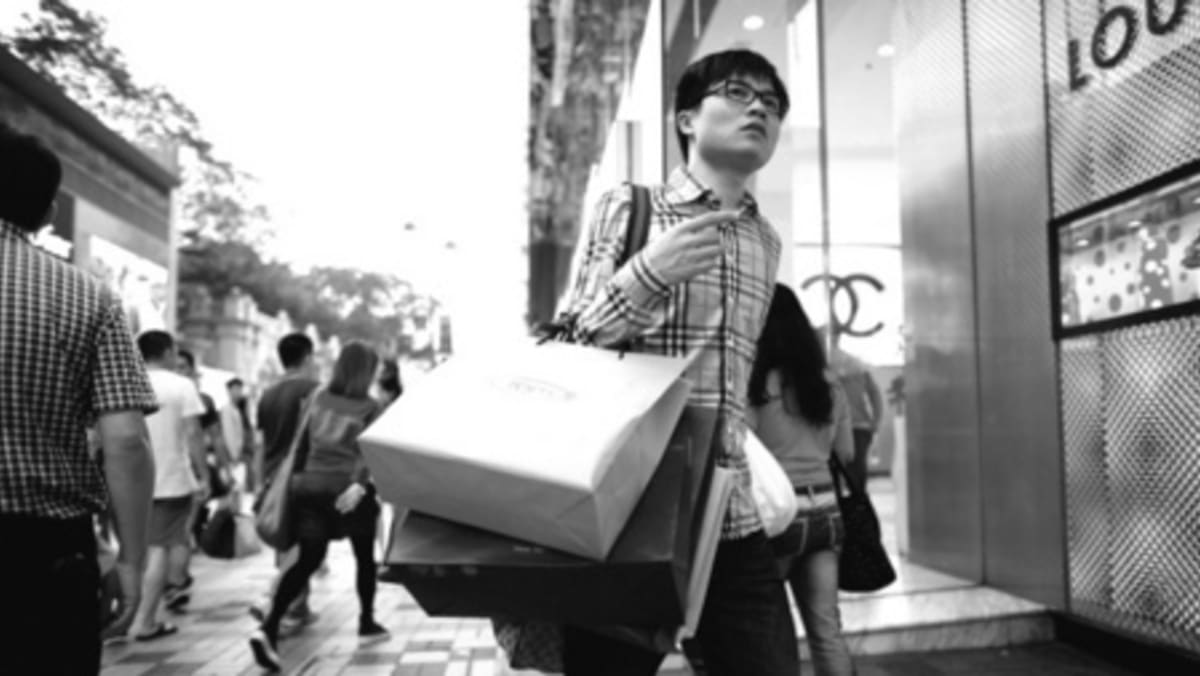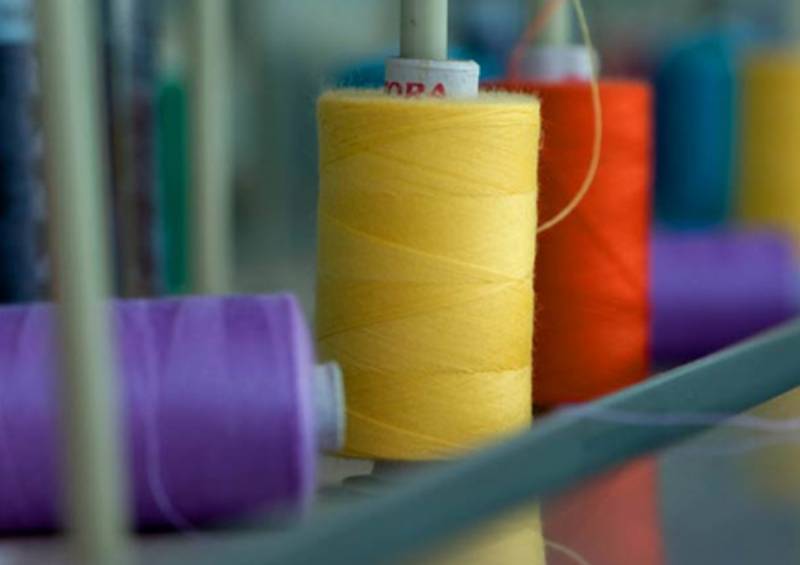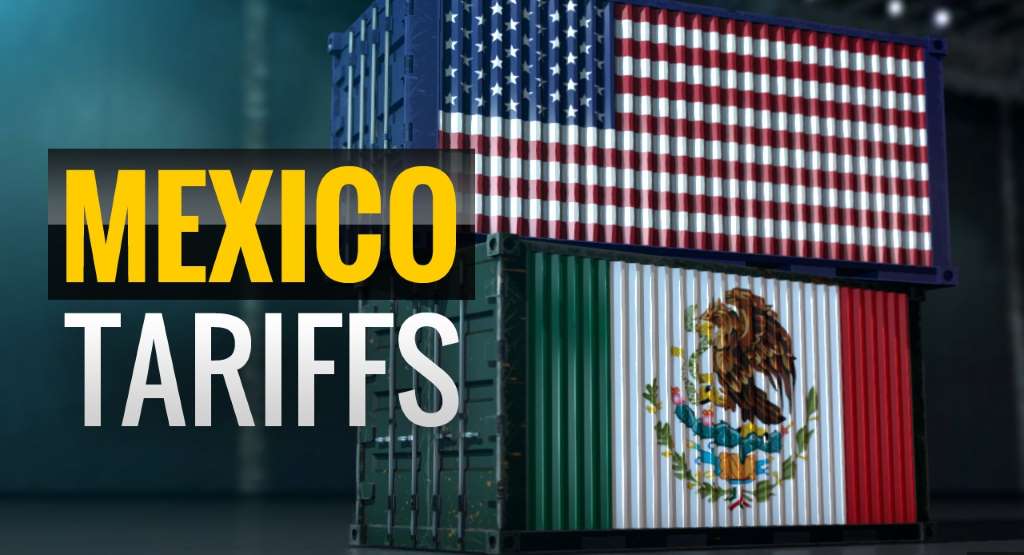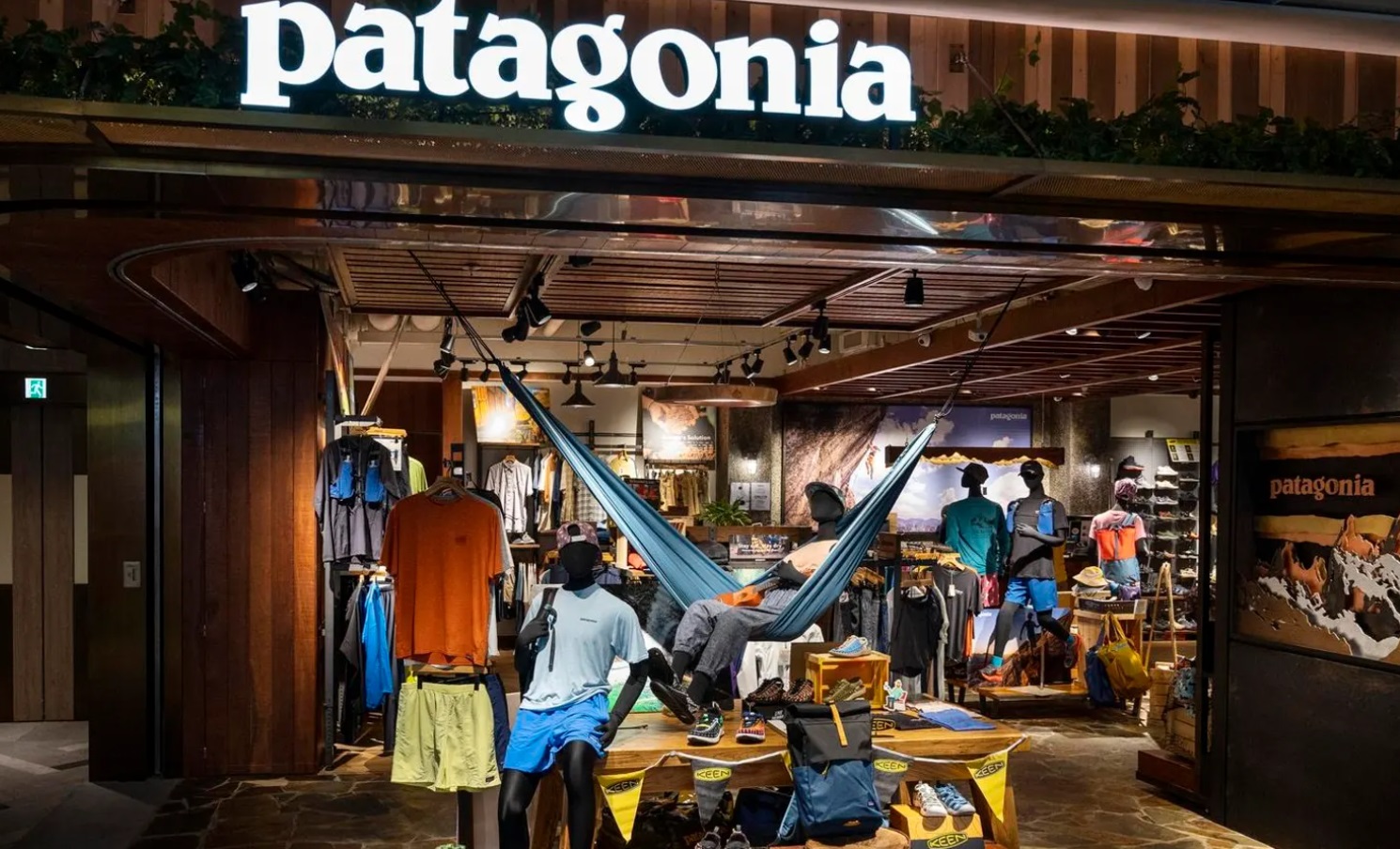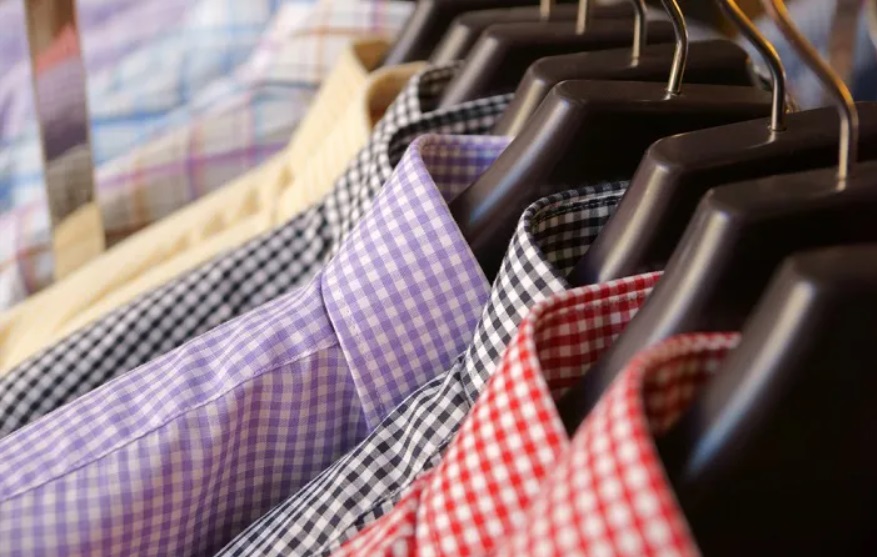FW
Kraig Biocraft Laboratories, Inc. ("the Company") is eyeing a strategic leap into Cambodia to bolster its recombinant spider silk production. CEO Kim Thompson, alongside experts from Kraig Labs and Prodigy Textiles, scouted potential production sites in Cambodia, noting its favorable conditions and proximity to existing operations. The move aligns with the Company's expansion plans following successful spring trials and a surge in demand.
Thompson emphasizes Cambodia's role in diversifying and expanding production, a cornerstone of the Company's strategy. With production set to escalate dramatically in the coming months, reaching a target of one metric ton by year-end, the addition of Cambodian facilities promises to further propel growth.
The announcement underscores Kraig Labs' commitment to innovation and scalability in biotechnology. Thompson and Nirmal Kumar's oversight ensures a meticulous approach to expansion, building on the momentum gained from recent trials.
This strategic pivot towards Cambodia signifies not only a geographical expansion but also a testament to the Company's agility in meeting market demands and capitalizing on emerging opportunities.
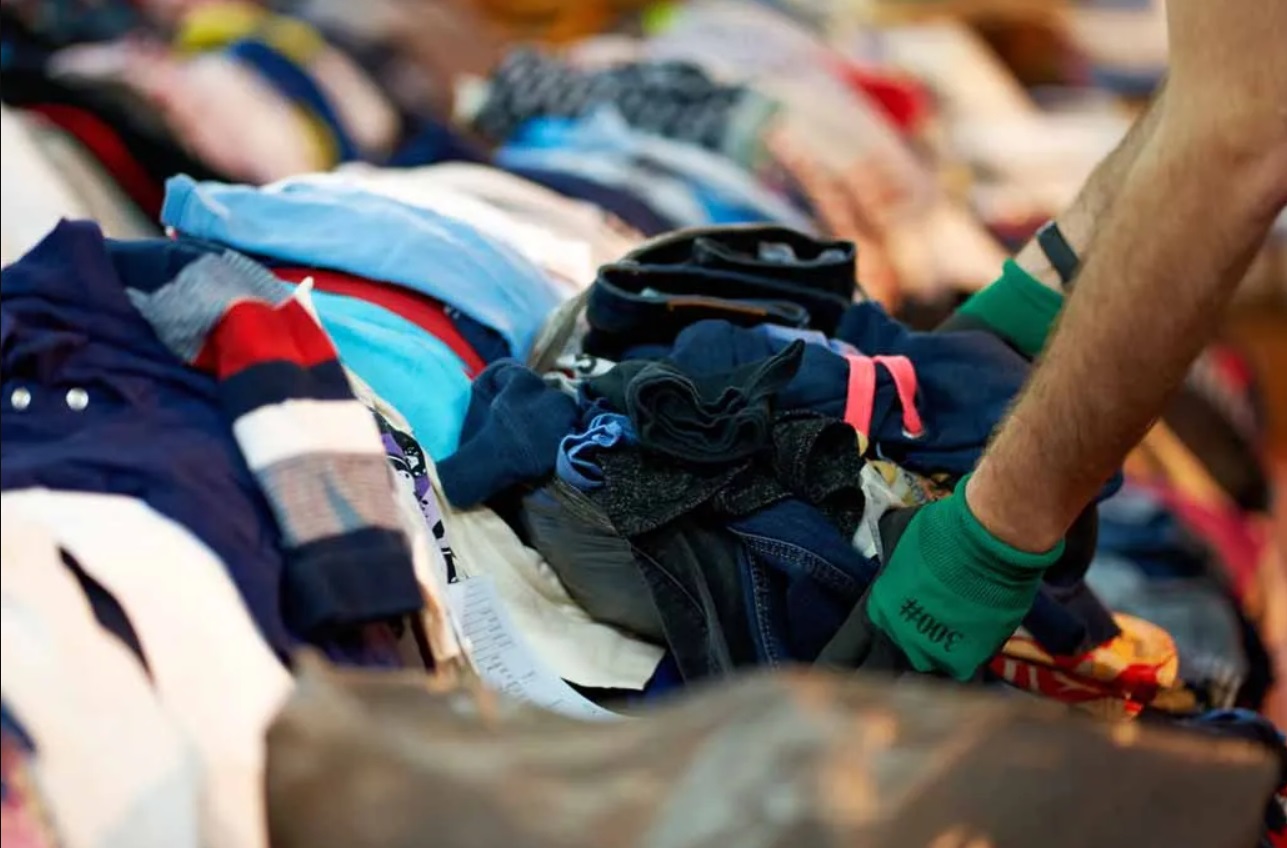
The 2024 Textiles Market Situation Report by WRAP paints a mixed picture of the UK's clothing industry. While there's good news in terms of declining clothing costs and a rebound in consumption, significant challenges remain regarding textile waste.
The WRAP report reveals average cost per item of clothing in the UK has dipped 2 per cent to £16.70 ($20.84) in 2023, a trend observed since 2015. At the same time, while COVID-19 initially caused a significant drop in textile consumption, with a decrease of 330,000 tons between 2019 and 2020, consumption figures rebounded swiftly, reaching 1.42 million new textile products in 2022, nearing pre-pandemic levels.
Shifting import landscape
Pre-2021, the report identifies a decline in both the value and volume of textile imports and exports. This is likely due to a combination of Brexit and pandemic disruptions to global trade. While import volumes have recovered by 12.5 per cent post-2021, they haven't reached pre-pandemic levels. Notably, the report highlights a rise in import costs despite a lower volume, suggesting a shift towards more expensive imports (£ per kg ratio).
“The decline in clothing costs is a positive trend for consumers,” says spokesperson for WRAP. “However, the high volume of discarded textiles remains a significant concern. We need to encourage a more circular approach to fashion, with greater emphasis on reuse and recycling.”
Table: Key findings from WRAP report
|
Indicator |
2019 |
2020 |
2021 |
2022 (estimated) |
2023 |
|
Average Clothing Cost (£) |
17 |
N/A |
N/A |
N/A |
16.7 |
|
Textile Consumption (tonnes) |
1.75 million |
1.42 million |
N/A |
1.42 million |
N/A |
|
Import Volume (percentage change) |
N/A |
N/A |
Decline |
+12.5% |
N/A |
|
Discarded Textiles (tonnes) |
N/A |
N/A |
711,000 |
N/A |
N/A |
Despite positive trends, the report raises concerns about textile waste. In 2021 alone, a staggering 711,000 tons of textiles were discarded, with nearly half (49 per cent) ending up in general waste.
The WRAP report underscores the need for a multi-pronged approach to ensure a more sustainable future for the UK's clothing industry. While declining costs and rebounding consumption are positive signs, tackling textile waste through consumer awareness and industry initiatives remains paramount.
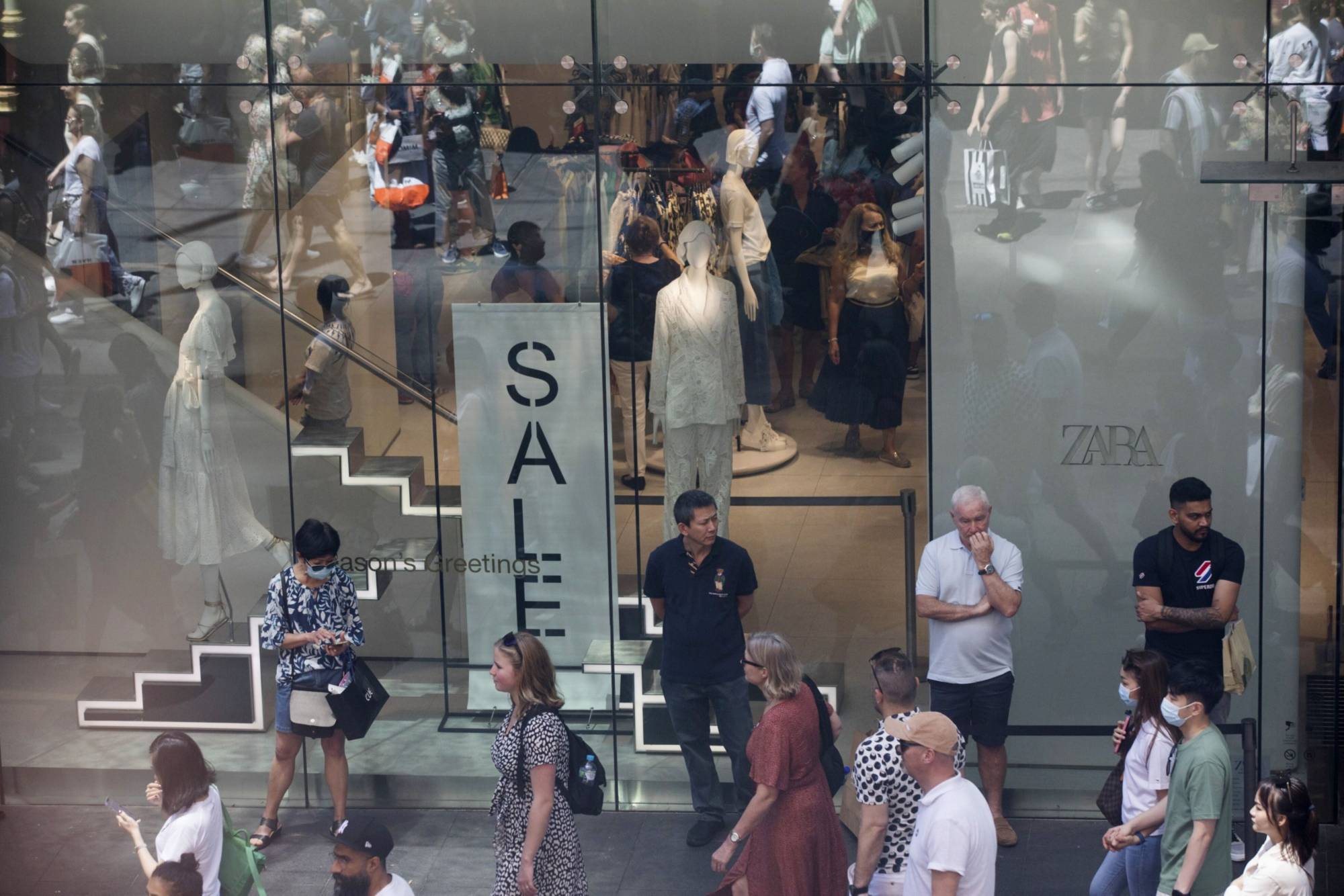
Major fashion retailers H&M and Boohoo are being investigated by the UK Environmental Audit Committee (EAC) for their environmental impact, particularly on overproduction, textile waste, and lack of sustainable materials. This is a follow-up to the EAC's 2019 report, ‘Fixing Fashion: Clothing Consumption and Sustainability’. The committee is unsatisfied with the progress made by the industry since then.
EAC’s concerns
The committee is concerned about the lack of progress made by fashion brands since the 2019 report. The EAC is frustrated with the slow progress on its recommendations from the 2019 report, which the government mostly rejected. They will be questioning H&M and Boohoo on the concrete steps they've taken to reduce their environmental footprint. The UK reportedly has the fourth-highest carbon footprint from fashion among G20 nations, and the EAC is determined to address this. The concerns broadly are:
Overproduction: The EAC wants to know what steps these brands have taken to reduce excess production of clothing.
Textile waste: The Committee will question the retailers on their efforts to minimize textile waste generated during production and after garments reach consumers.
Sustainable materials: The EAC will probe how H&M and Boohoo are incorporating sustainable materials into their clothing lines.
While H&M has confirmed their attendance at the hearing, Boohoo has not yet commented. The 2019 inquiry also investigated other brands like M&S, Next, Primark, Debenhams, Missguided, and ASOS.
Possible outcomes
The EAC has a history of pushing for stricter regulations on the fashion industry. They might recommend an Extended Producer Responsibility scheme, which would hold brands financially responsible for their waste. The committee might also revisit proposals for producer responsibility charges to fund better clothing collection and recycling. A ban on incinerating or landfilling unsold stock could also be back on the table. The EAC is likely to push for stricter regulations. This could include:
Extended producer responsibility scheme: Brands would be financially responsible for waste collection and recycling.
Producer responsibility charge: A fee to pay for improved clothing collection and recycling.
Due diligence checks: Mandating checks throughout the supply chain to identify and eliminate labor abuses.
Bans on iIncineration or landfilling: Unsold stock could not be simply trashed.
The fashion industry has a voluntary agreement called the Sustainable Clothing Action Plan, which aims to reduce environmental impact. However, the EAC seems unsatisfied with its effectiveness. This probe highlights the growing pressure on the fashion industry to become more sustainable. The outcome could have significant implications for how these companies operate in the future.
The Global Fashion Summit: Copenhagen Edition 2024 is set to commence on May 22-23 at the Copenhagen Concert Hall, marking its 15th anniversary. Hosted by the Global Fashion Agenda (GFA), a non-profit organization dedicated to propelling the fashion industry towards sustainability, the event will gather esteemed leaders to accelerate social and environmental progress.
Her Majesty The Queen of Denmark will deliver the opening remarks, underscoring her enduring commitment to sustainability since her inaugural attendance in 2009. Joining her will be over 100 speakers from renowned entities like Kering, Patagonia, and The New York Times, convening under the theme 'Unlocking the Next Level'.
As a cornerstone in fashion sustainability discourse, the Summit aims to reflect on past achievements while charting a course for future action. With looming deadlines for previous pledges, the industry faces a crucial moment to intensify efforts and address pressing societal and environmental challenges. Over 1000 stakeholders spanning fashion, policymaking, and solution provision will converge to explore actionable solutions.
The Summit's program features sessions such as 'Luxury, Leather, and Land' and 'Ending Oversupply', alongside an expanded roster of action-oriented roundtable meetings. These closed-door sessions aim to foster collaboration and address key barriers hindering sustainability progress.
Furthermore, the Innovation Forum will showcase cutting-edge sustainable solutions, offering attendees opportunities for collaboration and advancement along the sustainability journey. Federica Marchionni, CEO of Global Fashion Agenda, emphasizes the Summit's role in galvanizing industry efforts towards tangible change, signaling a shift from mere commitments to actionable goals.
With its diverse lineup and focus on practical solutions, the Global Fashion Summit 2024 emerges as a pivotal platform driving urgent sustainability progress in the fashion industry.
Following in the footsteps of Bershka, another label under the Inditex umbrella, Pull & Bear is launching a new capsule collection to commemorate the 50th anniversary of Hello Kitty.
Inspired by the style trends of early 2000s, the licensed collection offers a range of items, from a short-sleeved T-shirt priced at €15.99 to denim shorts at €35.99. It features garment pieces like a denim top, a pink denim mini skirt, and a tulle shirt, predominantly in shades of white and pink.
The collection is complemented by various accessories, including socks adorned with the iconic character’s logo, a bandana, a shoulder bag available in pink or denim, a rhinestone belt, and assorted jewelry pieces such as necklaces in various styles. These items are already available online, with plans to hit stores on May 13.
Headquartered in Narón, A Coruña, Pull & Bear was founded in 1991 and is part of the brand portfolio managed by Marta Ortega, which also includes Massimo Dutti, Bershka, Stradivarius, Oysho, Zara, Zara Home, and Lefties.
Spanning over 200 markets through its online platform, the brand reported a 10 per cent increase in net sales in the last fiscal year, reaching a total of €2.359 billion.
Reebok has unveiled a new initiative in the field of digital fashion with its launch of 'Reebok Impact' on Instagram. Merging the world of sneakers with artificial intelligence, this innovative experience allows users to design personalised digital footwear.
The interactive platform invites Instagram users to embark on a creative journey by sending their photos via DM to @reebokimpact. Through real-time conversations with Futureverse's AI, users can design bespoke Reebok digital sneakers inspired by the colors and styles of their submitted images. Whether it's the iconic Pump, Classic Leather, or Club C models, individuals can select their preferred Reebok shoe and further customise it with AI-generated artwork.
This unique experience is offered at no cost for up to four digital sneaker creations. Users can then share their designs or opt to purchase them as game-ready files compatible with popular platforms like Unreal Editor for Fortnite (UEFN) and Roblox. These digital creations will also integrate seamlessly into various virtual experiences, including the highly anticipated AAA MMO game OPEN, developed by the minds behind Ready Player One.
Todd Krinsky, CEO, Reebok says, Reebok Impact is a groundbreaking initiative to engage a broader audience and revolutionise the digital fashion landscape.
Moreover, the platform enables users to discover incentives for real-life sneaker purchases, fostering deeper engagement and connection with the brand.
Shara Senderoff and Aaron McDonald, Co-founders, Futureverse, view Reebok Impact as the beginning of a journey that sets the future of fashion by merging personal expression with AI-driven innovation.
The government has set an ambitious goal of reaching $100 billion in textile exports by 2030, and is taking targeted measures to address the challenges hindering growth, says Rachna Shah, Textile Secretary.
During April 2023-March 2024, India's textiles and apparel exports declined by 3.24 per cent to $34.4 billion, compared to $35.5 billion in the previous fiscal year. Attributed in part to challenges like the Red Sea crisis, this decline underscores the need for strategic intervention.
Despite geopolitical complexities, Shah noted that some exporters have seen improvements in their order books in the first quarter, indicating a potential upswing in shipments in the coming months. To capitalise on this momentum, the government plans to concentrate efforts on products with high export potential, leveraging schemes like the production linked incentive (PLI) scheme.
Furthermore, Shah emphasised exploring new markets and maximising the benefits of free trade agreements (FTAs) to expand India's textile exports. While acknowledging the competitive advantages of countries like Bangladesh and Vietnam in the global garments trade, Shah expressed optimism about India's ability to regain momentum, buoyed by improving global demand and positive early indicators in the sector.
With Bangladesh slipping from the fifth to the tenth position among its largest export destinations between fiscals 2023-2024, India's export landscape has undergone a significant transformation. Coupled with fears of payment defaults, this decline stems from the substantial forex crisis being faced by Bangladesh currently.
During FY24, India’s merchandise exports to Bangladesh declined by 9.5 per cent Y-o-Y to $11.06 billion from $12.22 billion in FY23. As per industry experts, these exports are expected to decline further in the current fiscal year. Despite being a significant trade partner for India, exporters are exercising autonomy in their commercial decisions. They are adapting to the situation by redirecting goods typically destined for Bangladesh to alternate markets and exploring new destinations.
Acknowledging the need to offset the export deficit resulting from Bangladesh's forex crisis, the government is strategising to tap into other markets. India's exports to Bangladesh have plummeted from over $16 billion in 2021-22 to around $11 billion in 2023-24, necessitating a shift in focus towards other potential markets.
The second collaborative collection by Levi’s and ERL features a range of reimagined denim pieces infused with ERL's nostalgic, playful style. Inspired by the skate and surf culture of Venice, Calif, the capsule collection merges Levi’s iconic denim designs with a retro flair.
The collection includes a bootcut jean, vest, overall, dress, and purse, all adorned with various light washes that evoke a sun-faded aesthetic. Each piece showcases co-branded accents and distinctive stitching.
Taking cues from a vintage '70s Levi’s silhouette, the vest is treated to a washed-out effect and triple-lined with a shaggy sherpa finish at the hem. Featuring burnished tin shanks, zigzag stitching along the back and side seams, and ERL embroidery on the front panel, the vest exudes a unique charm.
The dress features a row of shanks down the front, complemented by a straight hem, zigzag stitching at the side seams, and convenient inseam pockets, with the ERL logo stamped at the bottom.
With a wide, baggy leg adorned with pintuck side striping, the overall offers a simplified design, omitting the front pocket and featuring tonal zigzag stitching along the center seam. ERL embroidery accents the left leg, while a hammer loop adorns the right.
Blending ERL’s relaxed fit with Levi’s classic 517 style, the bootcut jean boasts side seam slits for a subtle flare. Distressed detailing along the waistband and a white-printed Two-Horse Pull graphic add a contemporary touch.
Crafted with co-branded shanks, the purse mimics the design of a traditional 5-pocket jean, offering a unique accessory option.
This collaboration marks Levi’s second venture with ERL founder Eli Russell Linnetz, following their successful debut last fall. Photographed by Linnetz himself, the latest collection encapsulates the sun-kissed essence of Californian Americana. It is available through Levi.com, the Levi’s app, select Levi’s stores, and Dover Street Market.
Esteemed New York City-based brand celebrated by luminaries like Oprah, Beyoncé, and Selena Gomez, Telfar has launched a new collection titled, ‘Telfar Denim.’
Dubbed a ‘modular denim system,’ the collection includes a range of unisex garments, including jeans, shorts, skirts, and jackets. Each piece is meticulously crafted with unique features, such as three-panel segmentations, frayed cutout thighs, and deep pockets, ensuring both style and functionality. Custom hardware and debossed leather patches add a touch of luxury to the collection.
One of the collection's standout features is its commitment to inclusivity. Telfar spent over two years perfecting the unisex fit, leveraging its TeflarTV platform to fit the garments on hundreds of diverse bodies. This dedication to diversity ensures that the collection is accessible to a wide range of individuals, with sizes ranging from 2XS to 2XL.
Moreover, Telfar is disrupting the traditional fashion calendar by eschewing the typical showroom system. Instead, the brand is ‘building a wardrobe block by block,’ emphasising longevity over fleeting trends. This approach reflects Telfar's vision to re-center apparel on its own terms and challenge industry norms.
Sustainability is also a key focus for Telfar. The collection features cotton and organic cotton denim in black and indigo washes, sourced responsibly to minimize environmental impact. By prioritising sustainable materials and manufacturing processes, Telfar ensures that its garments are not only stylish but also eco-conscious.
In terms of accessibility, Telfar is making strides to ensure that the collection is available to a wider community. By securing the right manufacturing and materials, the brand aims to cater to more than just seasonal shoppers, fostering a more inclusive and sustainable fashion landscape.
Telfar Denim is now available on the brand's website, with prices ranging from $110 to $240. With its innovative design, commitment to inclusivity, and sustainable practices, this collection solidifies Telfar's position as a trailblazer in the fashion world.

